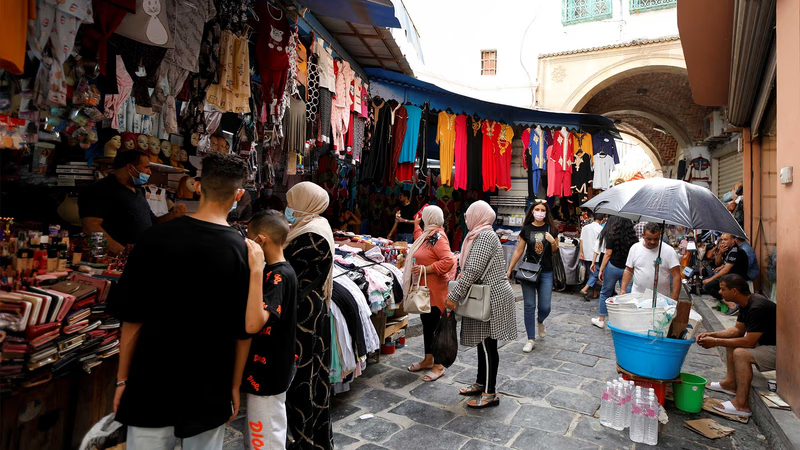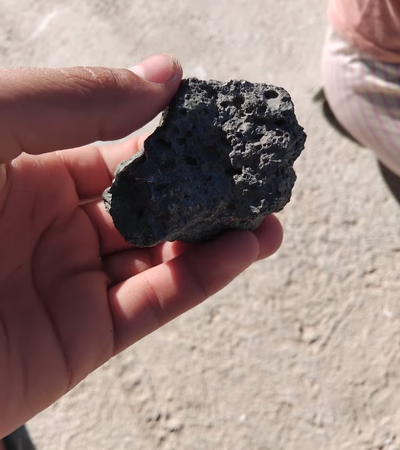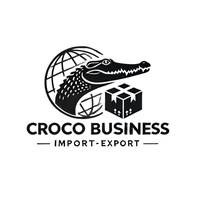
Tunisia, as one of the North African countries, offers attractive opportunities for international trade. Geographically, it holds a strategic position, serving as a gateway to markets in North Africa and the European Union. Tunisia`s market is diverse, encompassing sectors such as agriculture, energy, handicrafts, and technology. In the agricultural sector, Tunisia is one of the largest producers and exporters of olives and olive oil in the world. Citrus fruits and seafood are also among the country`s key export items. Additionally, due to its need to import energy and technology, Tunisia presents significant opportunities for international businesses in these fields.
To start importing and exporting with Tunisia, conducting thorough market research and analyzing its needs is essential. Identifying the products or services that are in demand in the Tunisian market, as well as understanding local competitors and consumers, is crucial. Moreover, legal regulations and product standards in Tunisia must be carefully examined to ensure that your goods comply with local laws. Partnering with local companies, participating in trade exhibitions, and using digital marketing strategies can be effective ways to enter the market.
Tunisia’s economy is a mix of public and private sectors and has faced challenges such as unemployment and inflation, although it has experienced relative growth. Agriculture, industry, and services are the three main pillars of its economy. While agricultural production, particularly olives and citrus fruits, plays a significant role, the services sector, especially in tourism and information technology, has also seen notable growth. Additionally, the textile, food production, and petrochemical industries are important sectors in Tunisia.
In terms of finance, Tunisia`s banking system operates under the supervision of the Central Bank of Tunisia. Commercial banks in the country offer a range of financial services, including letters of credit and loans to businesses. The national currency is the Tunisian dinar (TND), and exchange rate fluctuations may be influenced by economic and political factors. Tunisia’s tax system includes income tax, value-added tax (VAT), and other trade-related taxes, which must be considered when doing business in the country.
For success in trade with Tunisia, it is recommended to closely collaborate with local partners and carefully adhere to trade laws and regulations. Managing trade risks through tools such as export insurance and using secure payment methods like letters of credit can help mitigate financial risks. Building long-term relationships with business partners in Tunisia is also a key factor for achieving sustained success in this market.
-
 Mohammad Elyas 1 months ago
Mohammad Elyas 1 months ago Tunisia
Meteorite
Tunisia
Meteorite
A diverse collection of meteoritesDetails
-
 ميشال 1 months ago
ميشال 1 months ago Tunisia
According to the Red Meteorite
Tunisia
According to the Red Meteorite
Red Meteorite StoneDetails
-
 Mehrzi Achref 1 months ago
Mehrzi Achref 1 months ago Tunisia
Meteorite
Tunisia
Meteorite
A black stone with burn marks, and I do not know what it isDetails
-
 Croco Business 5 months ago
Croco Business 5 months ago Tunisia
Pasta Food Spaghetti
Tunisia
Pasta Food Spaghetti
Product pasta food spaghetti semolina durum wheat of superior qualityDetails
-
 Ahmad Hilal 1 months ago
Ahmad Hilal 1 months ago Tunisia
Meteor
Tunisia
Meteor
Many fragments of the meteorDetails
In 2023, Tunisia"s exchange rate stood at 3. 106 TND per US$, reflecting a stability that contrasts markedly with the global average of 697. 56 LCU per US$. This currency steadiness is pivotal for traders assessing the cost implications of imports and exports. Tunisia"s total reserves, including gold, increased to $9. 24 billion in 2023, yet this is modest compared to the global reserves average of $128. 41 billion, highlighting potential vulnerabilities in financial buffers against economic shocks. Examining trade indices, Tunisia"s merchandise import value index fell to 95.
6 in 2023, against a global recovery to 101. 09, suggesting a contraction in import value demand. Similarly, the import volume index, at 96. 5, was below the global 104. 48, indicating reduced import activity. These figures could imply opportunities for import substitution or local production enhancement to meet domestic needs. On the export front, Tunisia"s export value index in 2023 was 107. 7, which, while positive, still trailed the global benchmark of 102.
25, suggesting room for growth through expansion into new markets. The export unit value index was 103. 6, outperforming the global 95. 03, which could signify competitive pricing or higher value-added exports. The trade dynamics hint at risks tied to global market fluctuations, but also underscore opportunities for investment in local manufacturing and export-driven industries. Tunisian businesspeople operating in West Asia can leverage regional connections to bolster trade routes. For companies seeking to optimize their trade strategies, Aritral. com offers a platform for comprehensive market insights and direct communication with global partners, making it ideal for businesses aiming to establish a robust presence in Tunisia and beyond.







